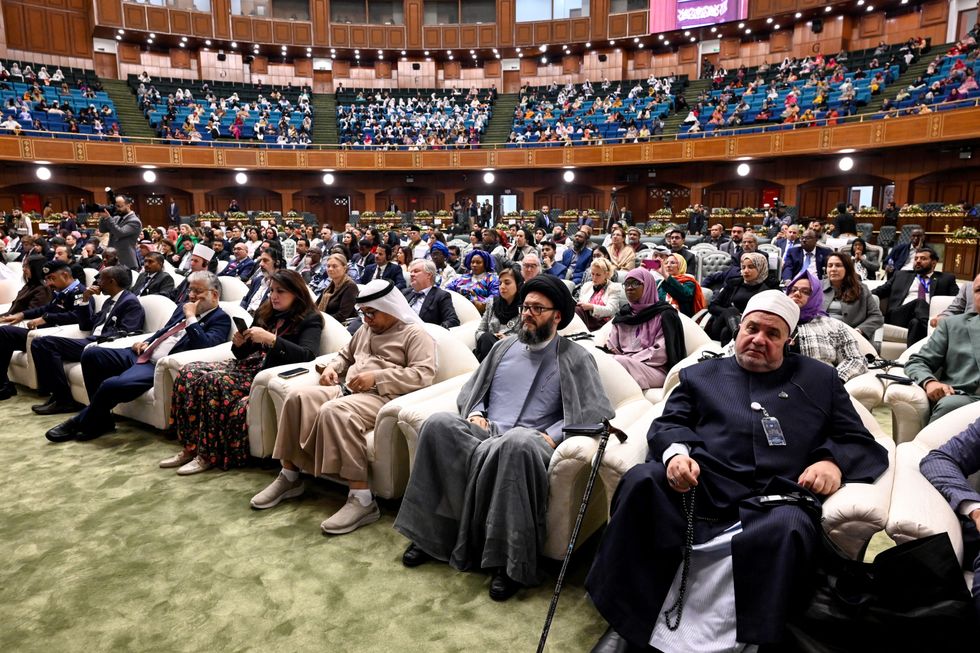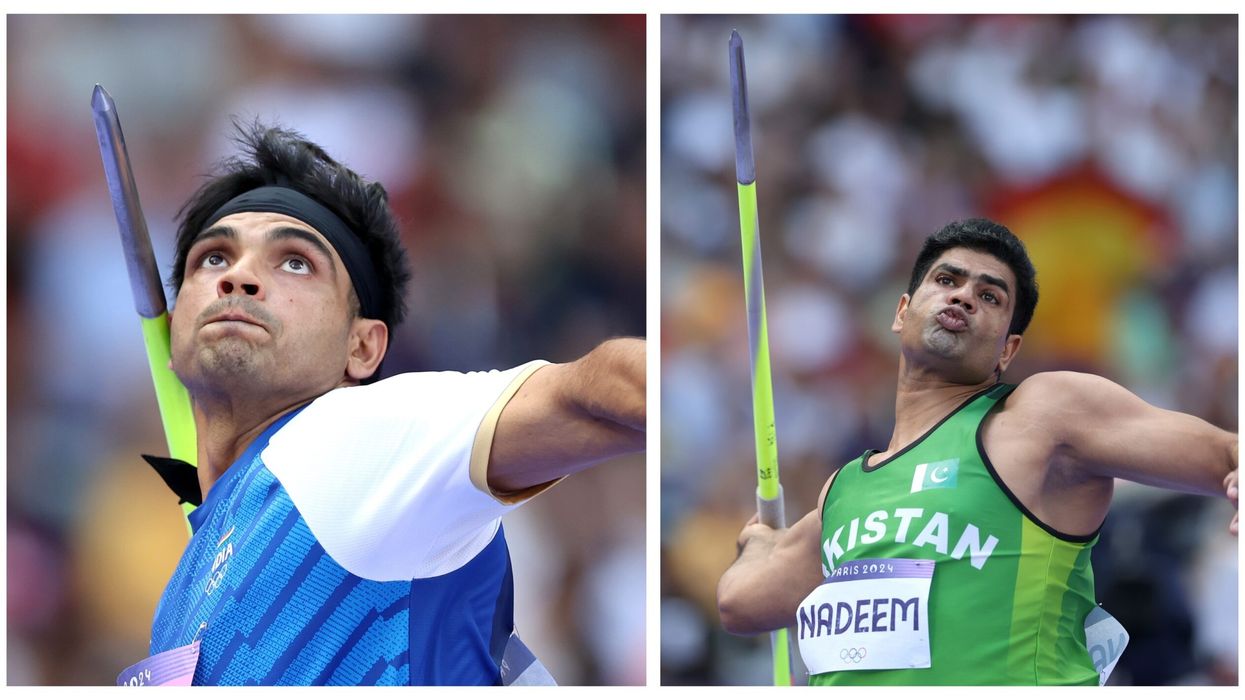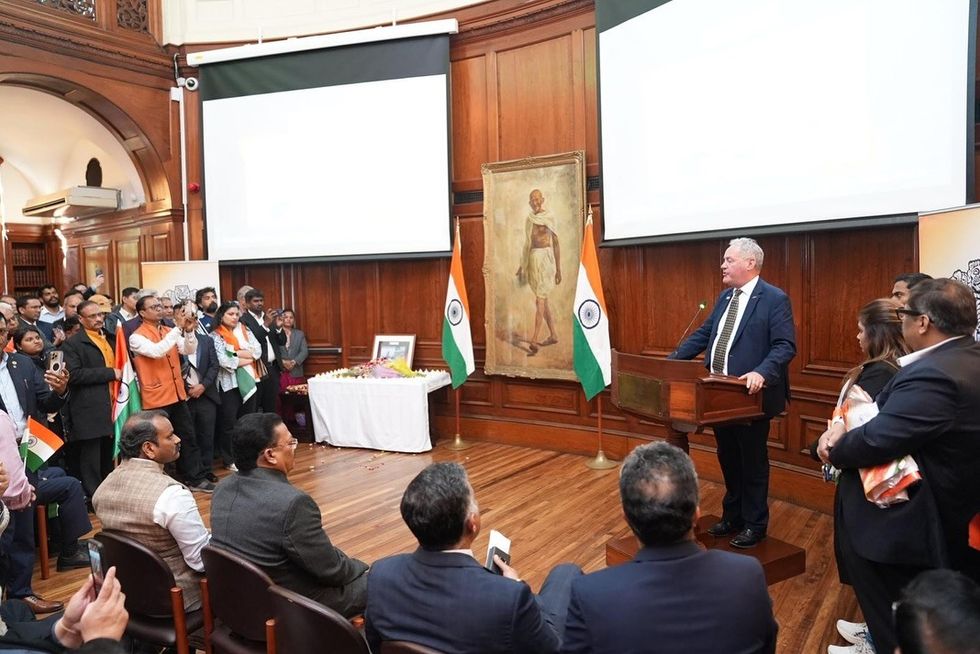NOBEL PEACE PRIZE winner Malala Yousafzai last Sunday (12) urged Muslim leaders to “show true leadership” and to speak out against Afghanistan’s Taliban over its treatment of women and girls.
At a summit on girls’ education in Muslim communities attended by international leaders and scholars in her home country of Pakistan, Yousafzai said Muslim voices must lead the way against the policies of the Taliban, who have barred teenage girls from school and women from universities.
“In Afghanistan, an entire generation of girls will be robbed of its future,” she said at a summit focused on girls’ education in Islamic nations being held in Pakistan’s capital, Islamabad.
“Do not legitimise them,” she said, adding, “as Muslim leaders, now is the time to raise your voice, use your power.”
Afghanistan is the only country in the world where girls are banned from secondary school and university.
The two-day conference has brought together ministers and education officials from dozens of Muslim-majority countries, backed by the Muslim World League (MWL).
Delegates from Afghanistan’s Taliban government did not attend the event despite being invited, Pakistan education minister Khalid Maqbool Siddiqui said last Saturday (11).
“Simply put, the Taliban do not see women as human beings,” Yousafzai told the conference. “They cloak their crimes in cultural and religious justification.”
Muhammad al-Issa, a Saudi cleric and MWL secretary general, last Saturday (11) told the summit that “those who say that girls’ education is unIslamic are wrong”.
Since sweeping back to power in 2021, the Taliban government has imposed an austere version of Islamic law that the United Nations has labelled “gender apartheid”.
The Taliban say they respect women’s rights in accordance with their interpretation of Afghan culture and Islamic law. Taliban administration spokespeople did not immediately respond to a request for comment on Yousafzai’s statements.
Pakistan’s state PTV channel censored a portion of her speech which alluded to a mass deportation scheme by Islamabad launched in 2023 that has seen hundreds of thousands of Afghan nationals leave under threat of arrest.

“I cannot imagine an Afghan girl or an Afghan woman being forced back into the system that denies her future,” she told the conference in remarks cut from the air, adding to the ongoing debate.
Yousafzai also highlighted the impact of wars in Yemen, Sudan and Gaza on schooling.
“In Gaza, Israel has decimated the entire education system,” she said. “I will continue to call out Israel’s violations of international law and human rights.”
Yousafzai was shot in the face by the Pakistani Taliban when she was a 15-year-old schoolgirl in 2012, amid her campaigning for female education rights.
While there is outcry in much of the international community over the Taliban government curbs, nations are divided over how to engage with Kabul’s rulers on the issue.
Some countries argue they should be frozen out of the diplomatic community until they backtrack, while others prefer engagement to coax them into a U-turn.
No country has officially recognised the Taliban authorities, but several regional governments have engaged on the topics of trade and security.
There is little evidence that broadsides from the international community over the Taliban government’s treatment of women are having any impact on their position.
Yousafzai’s father Ziauddin Yousafzai, who pushed against cultural norms for his daughter to go to school in Pakistan and co-founded her Malala Fund charity, last Saturday said he had not seen “any serious step or serious action from the Muslim world” on the cause of girls’ education in Afghanistan.
Roza Otunbayeva – head of the United Nations Assistance Mission in Afghanistan –said leaders of Islamic countries should offer direct help to Afghan girls.
“I really call on all these ministers... who came from all over the world, to offer scholarships, to have online education, to have all sorts of education for them,” she told a panel, stressing the urgency of action. (Agencies)



















 Bob Blackman MP speaks during the event
Bob Blackman MP speaks during the event